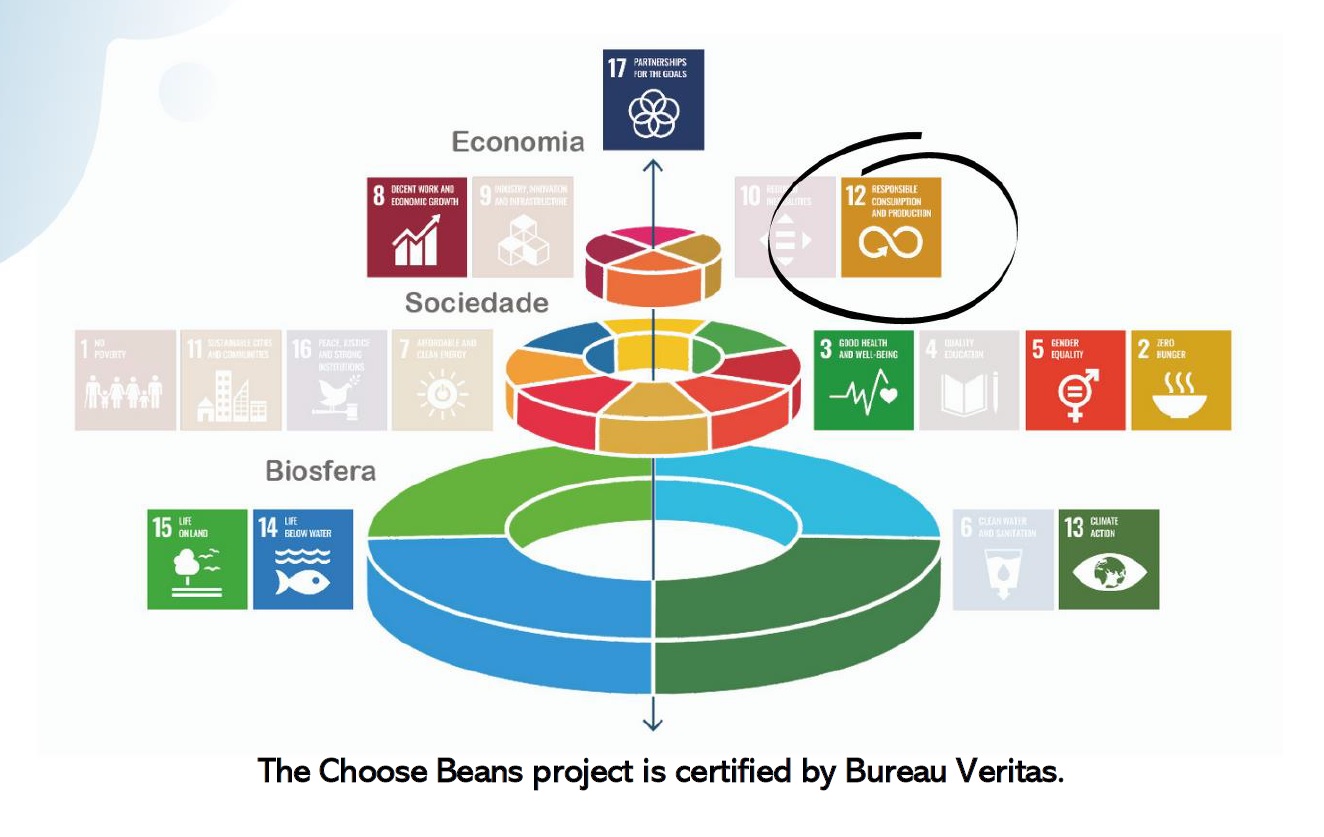- About TRUE
- Consortium
- James Hutton Institute
- Coventry University
- Stockbridge Technology Centre
- Scotland's Rural College
- Kenya Forestry Research Institute
- Catholic University of Portugal
- University of Hohenheim
- Agricultural University of Athens
- Institute for Food Studies & Agro industrial Development ApS
- Public Institution for the Development of the Međimurje County REDEA
- Bangor University
- Trinity College Dublin
- The Processors and Growers Research Organisation
- Jožef Stefan Institute
- IGV Institut für Getreideverarbeitung
- Environmental Social Science Research Group
- Agri Kulti Ltd.
- Alfred-Wegener-Institute, Helmholtz-Centre for Polar and Marine Research
- Slow Food Deutschland e.V.
- Arbikie Distilling Ltd.
- Teagasc - the Agriculture and Food Development Authority
- Herdade do Freixo do Meio
- Eurest
- Solintagro S.L.
- ISAB
- Consortium
- Work Packages
- Legume Innovation Network
- LIN - Workshops
- Blog: "Notes from the field"
- News & Events
- Publications & Resources
- Contact
Case study reports
Case study reports · 15. February 2021
Eurest Portugal received a sustainability certificate for its Choose Beans project and published a Newsletter-edition entirely dedicated to legumes.
Case study reports · 07. July 2020
Training video for cattle and sheep farms on "Optimising the benefits of clover in grassland" as part of the webinar "Let's talk cattle and sheep".
Case study reports · 06. July 2020
Leguminous living mulches have been shown to support a broad range of positive effects on biotic and abiotic indicators in broad-acre arable production, including soil health. With their nitrogen-fixing potential, they can also play a role in achieving sustainability goals and targets – for example, by naturally fixing nitrogen into the soil, they can help reduce dependence on artificial nitrogen fertiliser inputs, which in turn can reduce nitrous oxide emissions.
Case study reports · 04. May 2020
Dan Clavin has made a pre-recorded presentation on CS2 for the Irish Farmers Association (72,000 members) that was presented at a virtual conference on smart farming on April 30th 2020.
Case study reports · 24. September 2019
Challenges in managing leguminous living mulches like clover are the focus of this case study. After the second year, which was very different to the first, new insights are given by Stockbridge Technology Centre.
Case study reports · 13. June 2019
Solintagro aims to promote grain legume cultivation in Mediterranean rain fed low-input farming systems. The aim is to evaluate currently and previously grown grain legume cultivars and landraces for characteristics of importance to sustainable agriculture, giving priority to the best combination of increased yield and resistance to stresses and integrated management.
Case study reports · 16. October 2018
Leguminous living mulches present a potential ‘multifunctional’ solution that could provide benefits for arable production and the environment. The TRUE Case Study at STC aims to look at management of in-crop clover living mulches within crop growing seasons, and in a broad range of broad-acre crops. It evaluates the impacts of existing agronomic regimes and practices (against weeds, for example) on the living mulch and its subsequent impact on crop agronomy and soil health indicators.
Case study reports · 14. September 2018
TRUE Case study 22 at the Agricultural University of Athens uses legumes in crop rotations schemes in organic crops of non-legumes, aiming to increase soil fertility and ensure an adequate nitrogen supply to the crop despite the non-use of inorganic nitrogen fertilizers. This study will compare the environmental impact of organic and conventional cultivation systems and identify wider environmental effects when legumes are used in crop rotation schemes with non-legume vegetables.
Case study reports · 30. August 2018
Legumes are "smart" plants because they can utilize nitrogen from the atmosphere to cover their nutritional needs. Legumes do not need nitrogen fertilization as they form symbiotic relationships with rhizobia bacteria. Non-legume crops however need synthetic fertilizers to replenish the nitrogen removed from the soil. Case Study 21 at the AUA uses beans and grafting technique to obtain efficient rootstock/scion genotypes in terms of symbiotic nitrogen fixation and GHG emissions.
Case study reports · 17. August 2018
Across the EU 20-45 % of food is consumed outside the home. Vegetarian and vegan menus are gaining stronger footholds in the European restaurant scene and consumers want more options.This case study carried out analysis about how supply chains to the food service market are structured and how suppliers of legumes and pulses could engage in the supply chains. We find a strong focus on greening the menus to provide alternatives to meat-based dishes.

TRansition paths to sUstainable legume-based systems in Europe (TRUE) has received funding from the
European Union’s Horizon 2020 research and innovation programme under grant agreement No. 727973
Search content on this website by typing a keyword:















